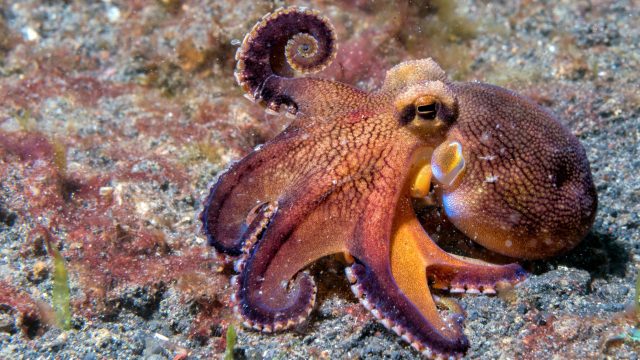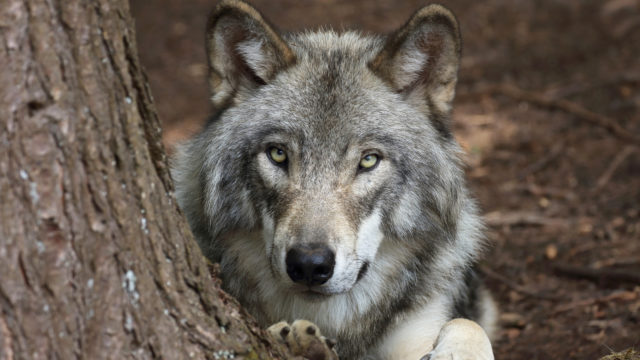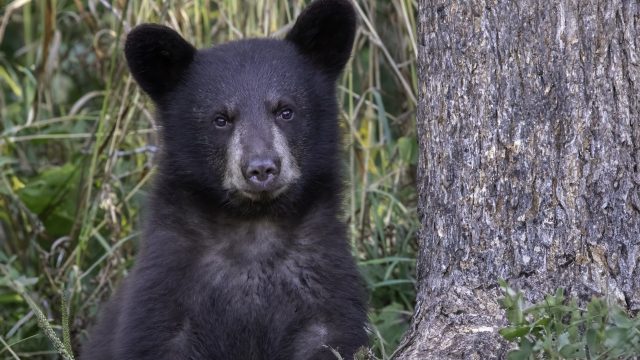
Animal Neglect Facts: Federal Law
The Animal Welfare Act (AWA), 7 USC §2131 – §2159, requires that minimum standards of care and treatment be provided for certain animals bred for commercial sale, used in research, transported commercially, or exhibited to the public. The Act provides guidelines for housing, enclosures, exercise, feeding, watering, sanitation and handling, but it does not regulate the type of experiments that can be performed on animals. The Act is enforced by the U.S. Department of Agriculture’s (USDA) Animal and Plant Health Inspection Service (APHIS). Violators may be subject to criminal and/or civil penalties or may have their licenses revoked.
The Act limits the types of animals it protects. It defines “Animal” as a “warm-blooded animal, which is being used, or is intended for use for research, teaching, testing, experimentation, or exhibition purposes, or as a pet.” Notably, however, the following animals are excluded from the Act: birds, rats, mice, reptiles and farmed animals – these animals account for over 95% of the animals used for research and raised for food in the United States.
Facilities covered by the Act include: research laboratories, dealers (breeders and brokers), exhibitors (zoos and circuses) and transporters. Facilities that are exempt include: retail pet stores, direct sellers, hobby breeders, public pounds, private shelters, private collections, livestock shows, pet shows, rodeos and any facility using non-regulated species.
The federal Twenty-Eight Hour Law, 49 USC §80502, addresses neglect of animals being transported across state lines by requiring that transporters “may not confine animals in a vehicle or vessel for more than 28 consecutive hours without unloading the animals for feeding, water, and rest.” Violators may be subject to a civil penalty.
The website for the Animal Legal and Historical Center has more information on the AWA, the Twenty-Eight Hour Law and other animal-related laws.
Related
-
Opposing the Cultivation and Trade of Octopus Produced through Unethical Strategies Act Introduced in the U.S. Senate
The federal bill would prevent the industry from gaining traction by banning commercial octopus farming in the U.S.July 25, 2024 News -
Complaint Demands Endangered Species Act be Enforced Against Washington Sham Animal Sanctuary to Protect Animals
Predators of the Heart, sometimes also known as Because We Matter Exotic Animal Rescue, has threatened to kill endangered wolves if it is not allowed to reopen.July 16, 2024 Press Release -
Lawsuit Filed Against USDA for Issuing Animal Welfare Act License to Serial Violator Yellowstone Bear World
The complaint argues the wildlife park causes undue stress to bear cubs by offering bottle-feeding and photo opportunities to the public as well as separating them from their mothers.July 16, 2024 Press Release



